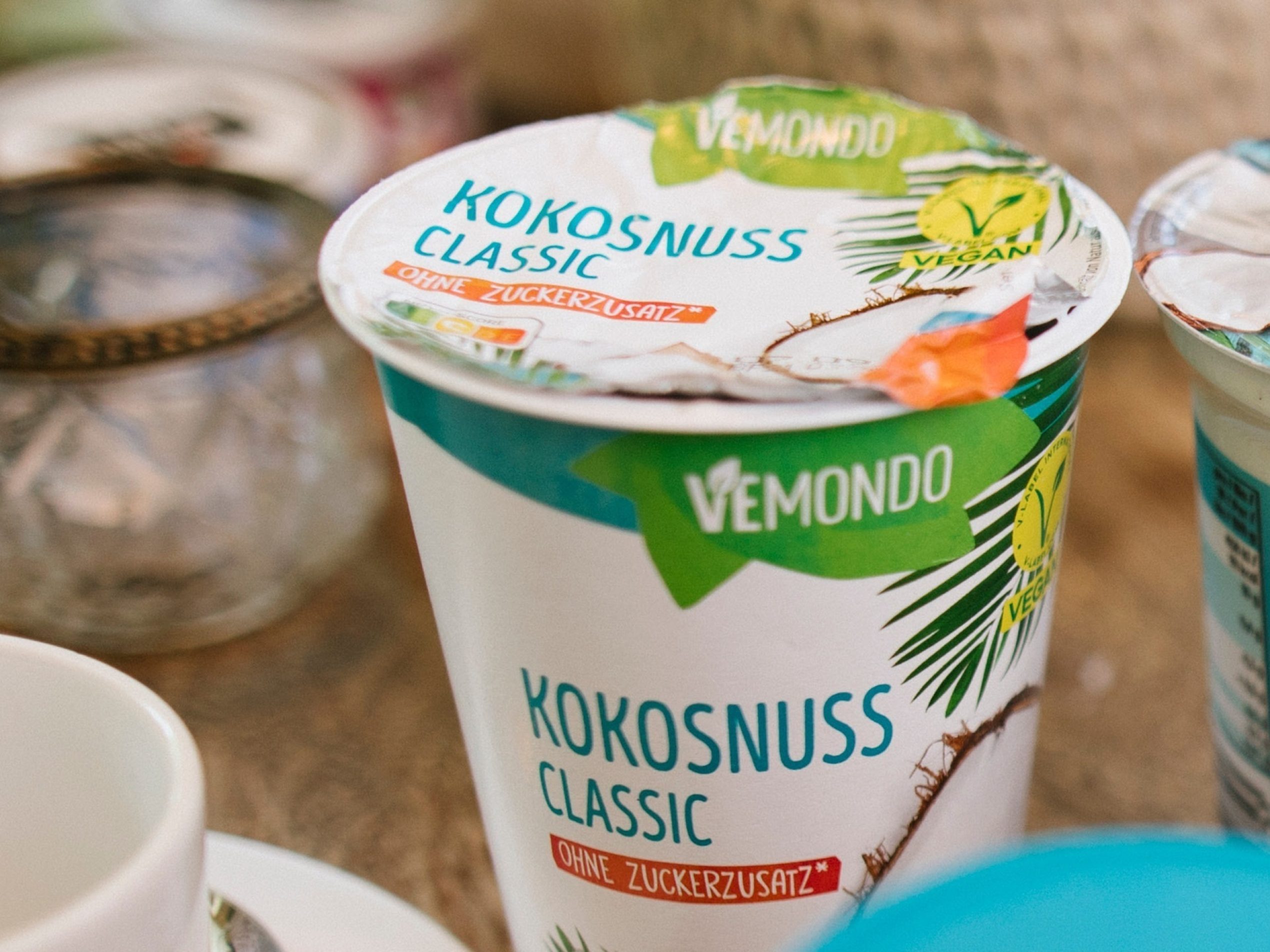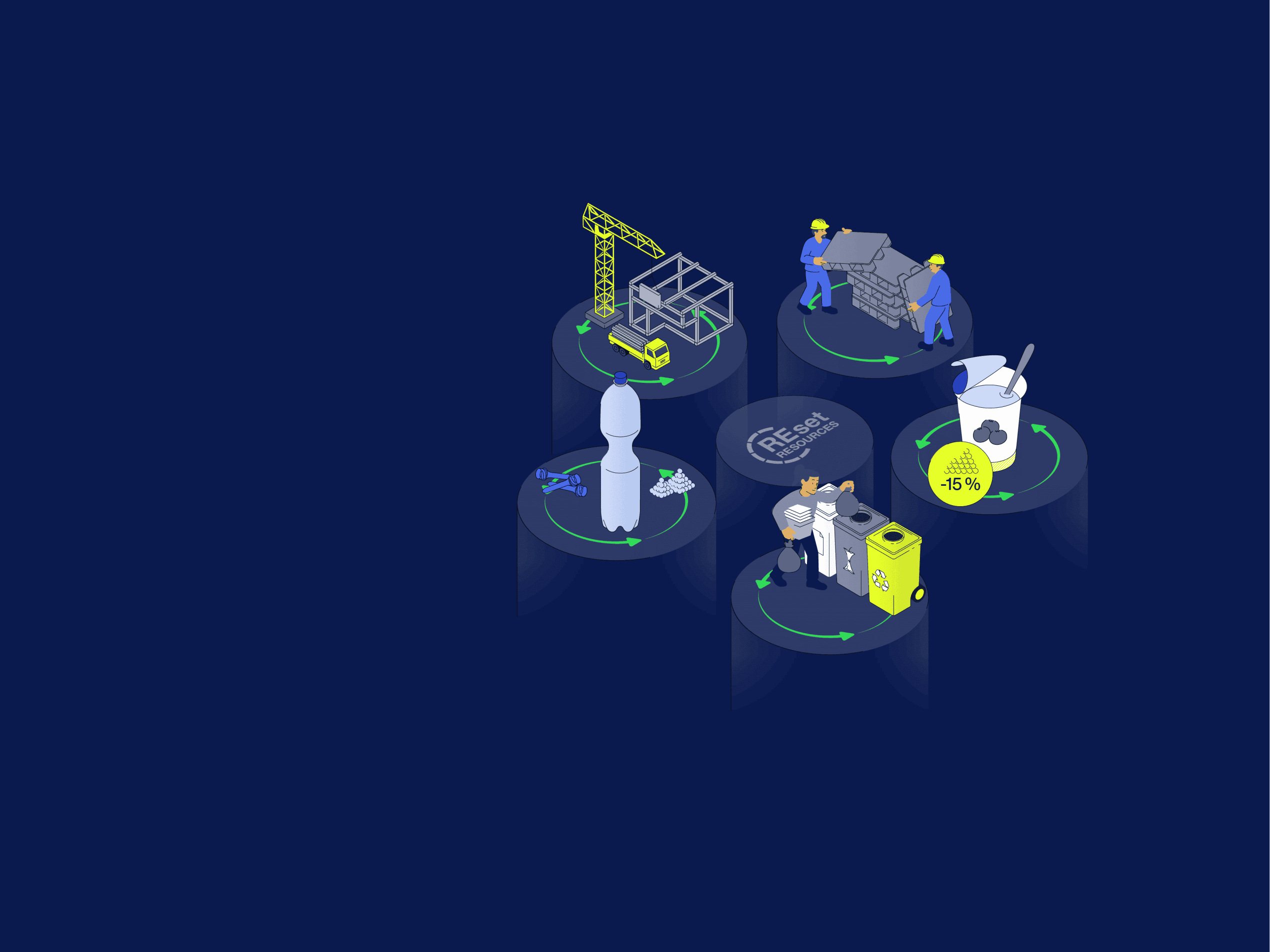The Path to a More Sustainable Future: The “Road to Zero Waste” Initiative
In a world that is increasingly characterized by environmental risks, the path to a sustainable future is more crucial than ever. The “Road to Zero Waste” initiative offers a promising solution by treating waste as a valuable resource instead of as refuse. This perspective enables a functioning circular economy that aims to minimize waste and conserve natural resources.
One Common Goal
Zero Waste is more than just a concept; it is an ideal that aims to reduce avoidable waste to zero. This does not mean that there is no longer any waste: It is about eliminating avoidable garbage while maximizing recycling and reuse. By implementing the zero-waste vision, resources are used in a more sustainable and careful way in order to shape a sustainable future for current and future generations.

GemA Jointly Developed Aim
By the end of 2025, the companies of Schwarz Group will reuse, recycle or recover a significant proportion of the waste they generate.
The Role of the Circular Economy
By separating, collecting, sorting and recycling waste, it can be led back into the production cycle. This not only reduces the volume of waste, but also results in the sustainable use of resources. Companies, consumers and the environment all benefit equally from this approach.
Certification and Standards
Certification pursuant to DIN SPEC 91436 is an initiative by PreZero, the environmental service provider of Schwarz Group. Together with a consortium of NGOs, science and industry, PreZero established the DIN SPEC 91436 standard for the development of sustainable waste and recyclables management. The goal is to define a comprehensive waste and recyclables system to get as close as possible to the zero-waste vision. This is actively driven forward by PreZero.
The “Road to Zero Waste” label recognizes companies that are successfully walking on the path toward greater sustainability. Certification is carried out by an independent testing organization pursuant to DIN Standard 91436. The label is basically open to everyone, so that all companies, organizations, associations and local authorities can embark on the path toward a sustainable future.
Successful Examples of Success and Best Practices
A great example of the implementation of zero waste is the PreZero Arena in Sinsheim, Germany, the first Bundesliga stadium to receive certification. By means of varied measures, such as the introduction of a returnable cup system and the installation of waste separation systems, around eight tons of waste can be saved each year and a recycling rate of 87 percent can be achieved.
As one of the pilot countries, the Lidl Czech Republic stores and warehouses have achieved the world’s first gold certification with a positive movement rate of over 95 percent, followed closely by Lidl Netherlands with a similar rate. Kaufland Romania and Kaufland Slovakia, other pilot countries, have also achieved impressive results by successfully passing the certification process with a positive movement rate of over 90 percent to gain silver. Moreover, the PreZero head office on Olgastrasse in Heilbronn is also certified with gold status. Other certifications are planned for national and international Kaufland and Lidl stores in the near future, further paving the way toward a fully circular economy.
The results show how significant progress can be made through targeted measures and commitment in the area of waste management. They also underline the importance of Zero Waste as a strategic goal for companies that are taking their environmental responsibility seriously.
The Future of Waste Management
The “Road to Zero Waste” is a continuous process that requires commitment and innovation. Companies are encouraged to optimize their waste management systems and become certified in order to achieve their sustainability goals. Consumers can play their part by making conscious purchasing decisions and supporting sustainable brands.
With the ongoing implementation of these strategies, the “Road to Zero Waste” is intensively promoted to not only protect the environment, but also to create economic advantages. The future of waste management lies in our hands, and our combined efforts will enable us to create a more sustainable world.




